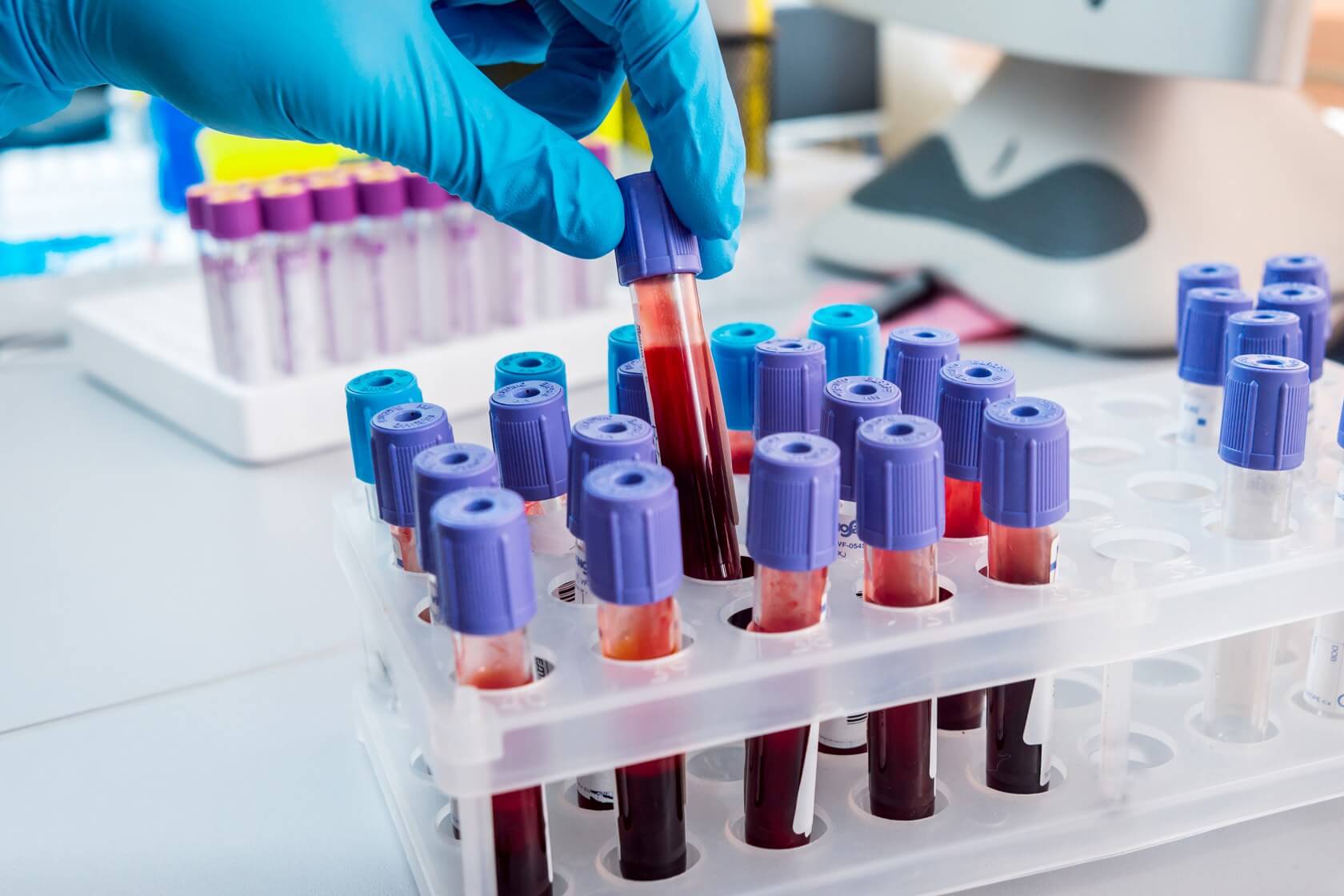In brief: Modern medicine gets more efficient every year -- AI paves the way for doctors to spend more time with their patients and reach more accurate diagnoses, for example. Now, health researchers have developed a streamlined blood test that may let physicians check for a wide range of ailments and health factors with a single blood sample.

Anyone who goes to the doctor regularly knows that the physician visit itself (and the accompanying blood test) is only the start of your health adventures. Often, professionals will forward you to various labs or specialists for further evaluation. Not only is this a lengthy process, but it can also be an expensive one: x-ray and lab tests aren't free, after all.
That's where this latest research -- conducted in partnership with biotech company SomaLogic -- comes in. In an early proof-of-concept study, scientists working out of SomaLogic HQ and the Universities of Cambridge, California, and San Francisco used their new blood test to scan 5,000 proteins per study participant (almost 17,000 patients in total). Once this data was processed using statistical analysis and machine learning tech, researchers were able to develop "predictive models" for a wide variety of potential health problems.
For example, a "certain pattern" of proteins present in an individual's blood may lead researchers to conclude that said person is at an increased risk for developing diabetes. Other patterns can help researchers assess someone's risk of cardiovascular disease, or simply aid in determining their body fat percentage, lean body mass, cigarette smoking habits, and more.

Given that many of these assessments or conclusions would ordinarily require a patient to not only be forthright about their health (we've all lied to our doctors in the past) but also diligently attend follow-up visits, it's easy to see the benefits of a more universal blood test for everyone involved.
Of course, even a 17,000-patient study is relatively small in scale when you consider how many people live in the US alone. Human beings are complex creatures, and there's always the chance that a larger sample size would lead to wildly different results.
Still, this is a promising start for research that may someday reduce the number of hoops patients (and physicians, for that matter) need to jump through during routine health checks. If you want to read the full "Liquid Health Check" research paper for yourself, visit its dedicated page on Nature.com.
Image credit: Shutterstock, Harvard